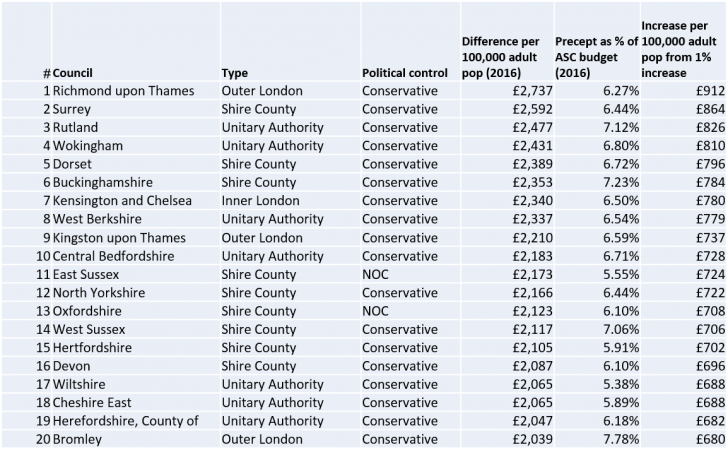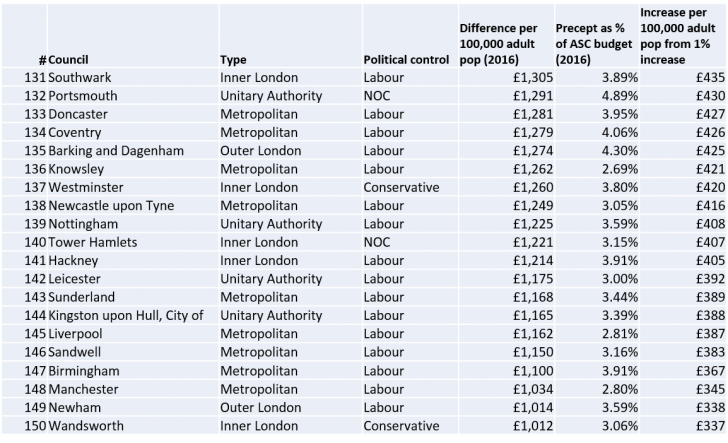Consolidating the future of the NHS
Consolidating the future of the NHS
The NHS England planning guidance was published at the end of March, and the key word in the document is…

Yesterday it was reported that Theresa May is considering allowing councils to increase the social care precept to cover the cost of adult social care. As the details emerge, there will be lots of debate about the pros and cons of the policy.
I suspect much of the debate will be about two issues:
While both are absolutely valid criticisms, my worry is that they detract from actually getting on and making the most of the policy locally.
Up until now, for reasons outlined above, the sector has been ambivalent to the social care precept. However, despite reservations, all but eight areas opted to take the precept. After years of 2% cap on council tax, this was completely blown this year with no national headlines. The public seemingly have accepted the argument. I can’t think of any other new (almost) national tax that has had as little resistance. As Alastair Burt, the social care minister who oversaw it’s introduction said “I haven’t received a single letter complaining about the increase in council tax that has already come in” (quoted in the Times, 12th December).
If, as is being reported, the cap for the precept is raised to 3% or above, councils will have significant work to do. There will be two main parts to this:
3% precept increase worth to each council per 100,000 of the population (2016 figures)
Top 20:

Bottom 20:

The full list is available here.
Managing the politics and the engagement of the precept could be a distraction from the important work that is needed to manage demand, promote independence and deliver savings.
However, this extra work is also something the sector has been calling for: The chance to change the political and public debate about social care. The social care social contract has already started to shift more than we have realised. For councils that get this right, the precept is the opportunity to give the social care social contract a big shove. Councils that get this wrong will be dealing with a local political storm with adult social care firmly at the centre.